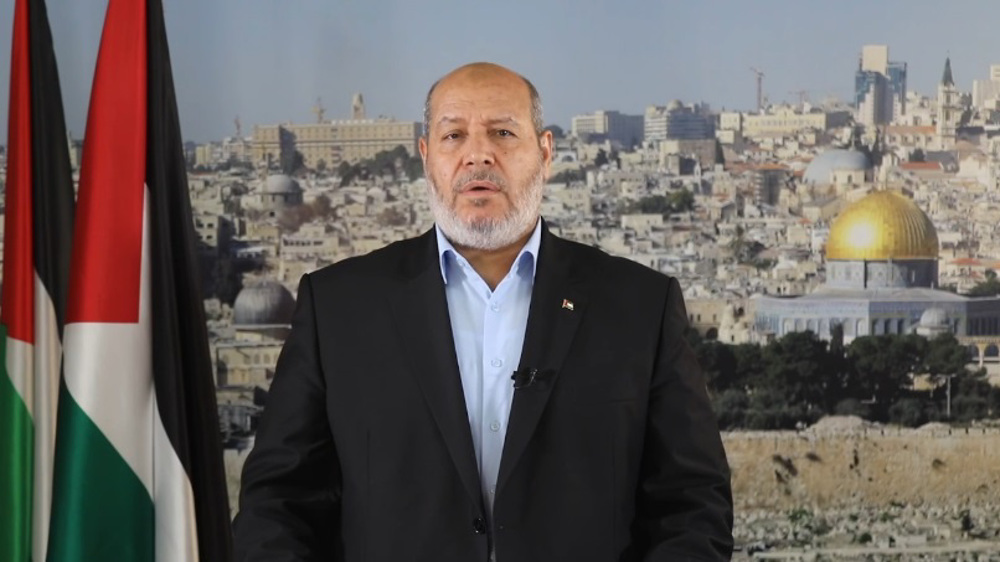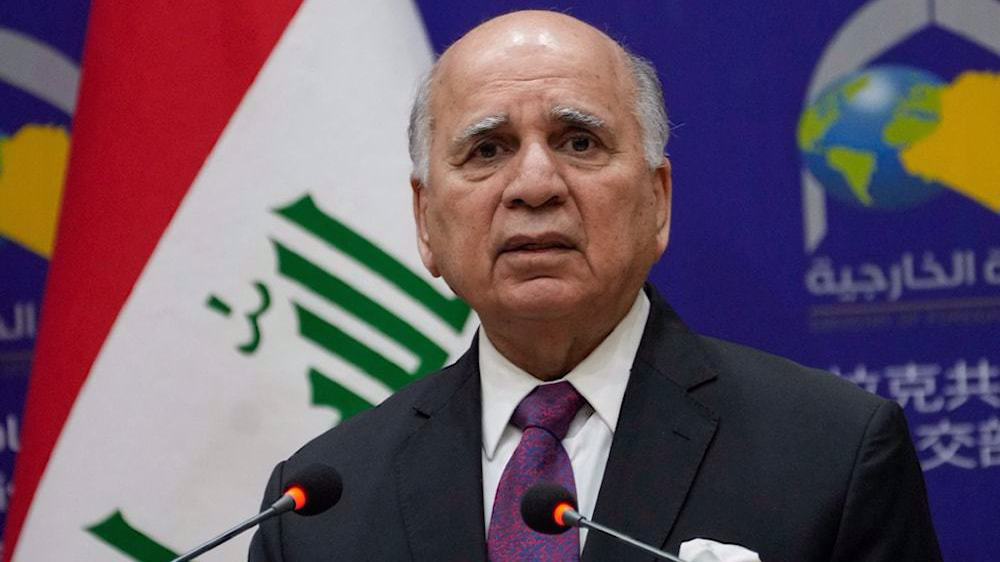Barham Salih elected new president of Iraq
Iraqi lawmakers have elected veteran Kurdish politician Barham Saleh president of the country.
Lawmakers met on Tuesday to elect a new president after a dispute between the two main Kurdish parties delayed the vote on Monday. The two largest Kurdish parties each put forward a candidate for lawmakers to choose.
Saleh from the Patriotic Union of Kurdistan (PUK) party was declared as the next president after he defeated Fuad Hussein from the Kurdistan Democratic Party Party (KDP) following two rounds of voting. Saleh won a large majority in the second round.
The vote went to a second round where Hussein withdrew his candidacy twice which was rejected on both occasions. For the first time, the two largest Kurdish parties each put forward a candidate.
The new president must be elected with two-thirds of the vote in parliament, which is 220 votes. If no one candidate meets this threshold, a runoff vote will be held.
The presidency has been reserved for the Kurds since Iraq's first multi-party elections in 2005, held two years after the US-led invasion.

Under an unofficial agreement dating back to the 2003, Iraq's presidency, a largely ceremonial role, is held by a Kurd, while the prime minister is Shia Muslim and the parliament speaker is Sunni.
Iraq held elections in May. Lawmakers must next elect a new president and task the leader of the largest bloc to form a government as prime minister.
The country’s main political alliances led by Muqtada Sadr’s Sairoon bloc and the Fatah Alliance led by commander Hadi al-Amiri are expected to cooperate to form a new government.
Incumbent Prime Minister Haider al-Abadi has also announced that he is not seeking to serve a second term in office.
Millions of Iraqis voted on May 12 in their first parliamentary election since the defeat of the Daesh Takfiri terrorist group, but a contentious recount process delayed the announcement of final results until last month.
The Iraqi politics has long been vulnerable to the differences lying along the country’s major ethnic and sectarian fault lines.
Any new government has to move quickly to address the country’s chronic woes, including the poor quality of basic services as well as political and economic mismanagement. It would also have to face the mammoth task of rebuilding the country following three years of struggle against Daesh.
Hamas thanks Iran, Resistance Front following achievement of ceasefire in Gaza
'Capitulation': Israeli officials and media concede Gaza defeat as truce unfolds
'Gaza has won': Social media users react to ceasefire with mix of relief, joy
Iran seeks South Korea’s assistance for AI, fiber-optic projects
VIDEO | Iran's 'Eqtedar' (Power) maneuver
Israel hits HTS military target in Syria for 1st time since fall of Assad
VIDEO | Press TV's news headlines
Israel has slaughtered 13,000 students in Gaza, West Bank











 This makes it easy to access the Press TV website
This makes it easy to access the Press TV website